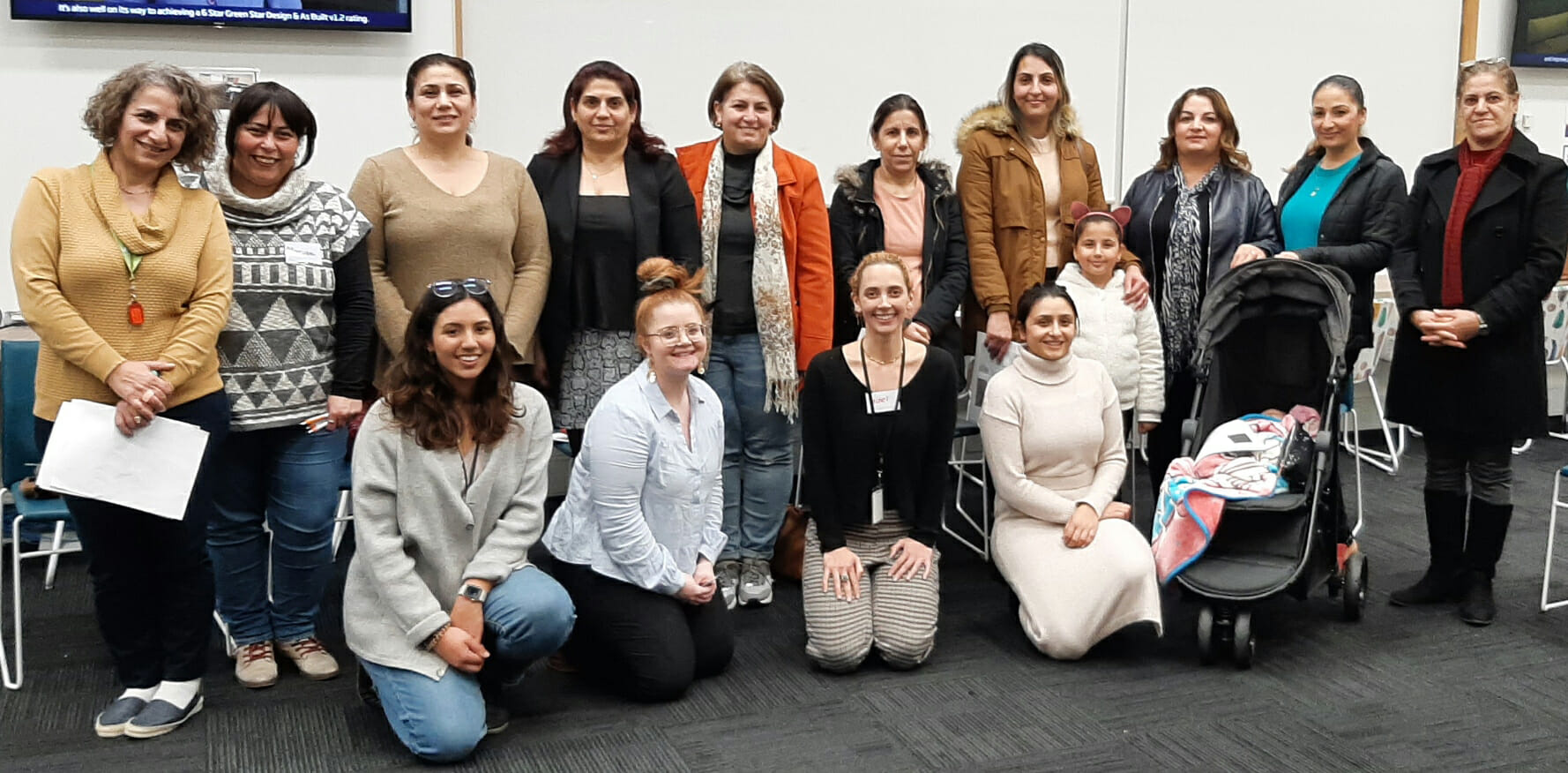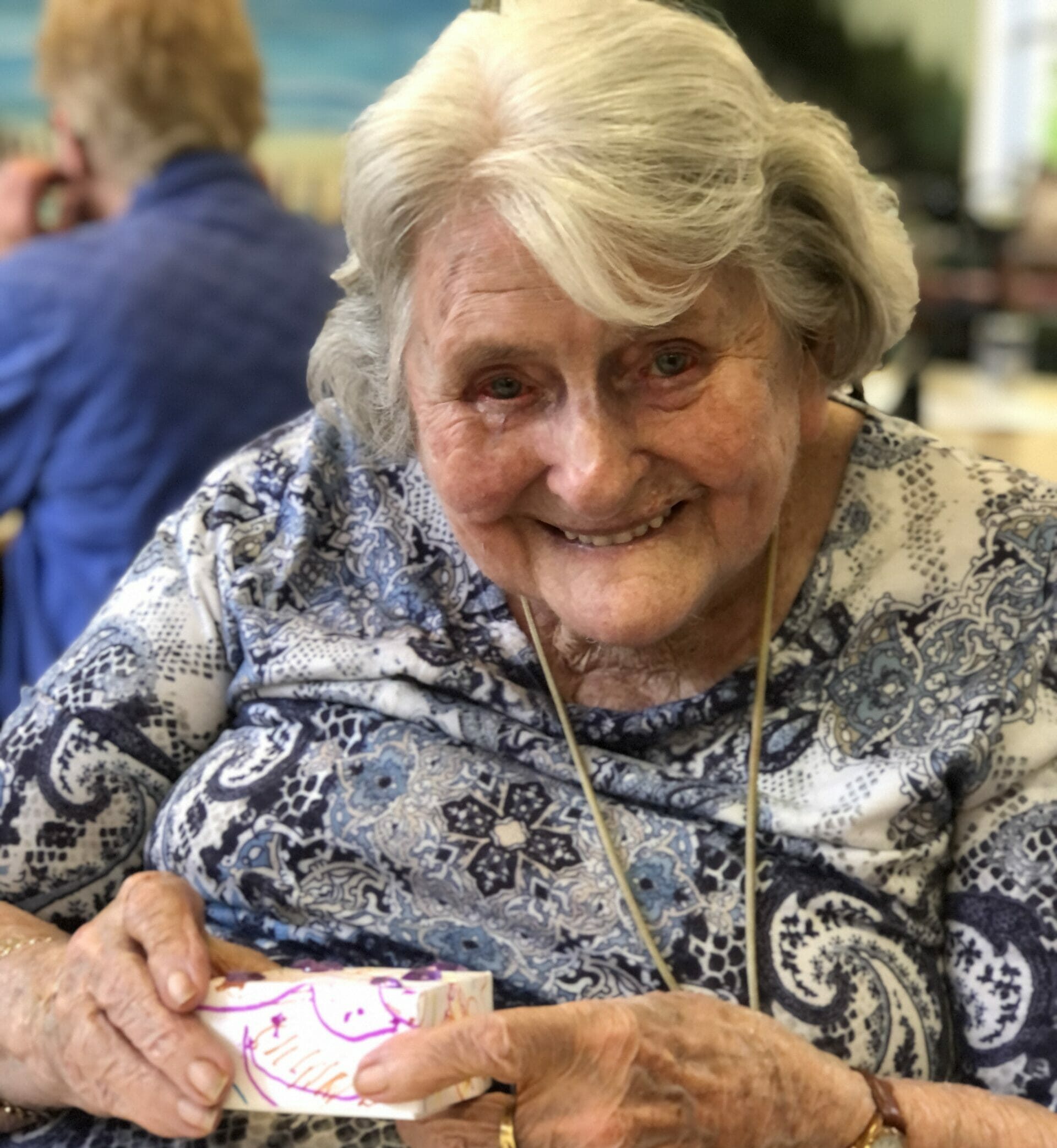Being a teenager can be tough, with many complexities and changes to navigate. For young people from migrant and refugee backgrounds, further challenges come from negotiating their family’s culture and their new life in Australia. There are many settlement challenges for anyone who moves to Australia from another country – learning a new language, adjusting to different systems, finding employment and housing, experiencing discrimination, and impacts of past trauma. But imagine facing all these challenges, as well as the challenges that come with being a teenager.
Young people, particularly between the ages of 12 to25, are just starting to define their personalities and thinking about their future aspirations. But for our clients, these tasks are further complicated by the often demanding resettlement process in Australia where unrealistic expectations exist around meeting their own needs, supporting their families, and managing cultural differences. This was further exacerbated during the Covid-19 Pandemic with school closures and a lack of access to friends and social connections.
Families have a much harder job navigating their values and parenting when they come to a new country with different laws and priorities. This can lead to intergenerational conflict from things such as a change in family and power dynamics, a loss of parental confidence, and a fear that culture will be lost. In order to support young people and their families, early intervention and education is key. By addressing expectations and normalizing challenges around parenting young people, families can be empowered to support young people.
MiCare works with newly arrived young people and their families from refugee backgrounds through our tailored youth programs and parenting support. One recent example is the ‘Parenting Teens’ workshops delivered with the Syriac Women’s Group in the Western suburbs of Melbourne in partnership with Drummond Street Services. The group expressed interest in learning more about healthy relationships with their teenagers, with many of the issues being raised linking back to the young person’s journey as a refugee to Australia and fitting into a new culture while also having their traditional family unit at home. Parents said they were struggling with this, something that has also been identified by other communities MiCare is working with.
After the workshop participants indicated that they have a better understanding of their teenagers’ development and how this can affect their behavior, they have a better understanding of what a healthy relationship with their teenager can look like, and feel more confident in knowing how to support their teenager. While workshops such as these may not solve all the problems of raising a young person in a new culture, they go some of the way to providing education and peer support for families who are struggling to navigate this complex issue.


